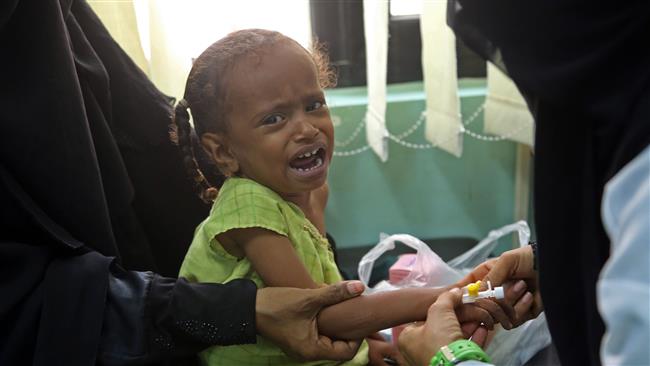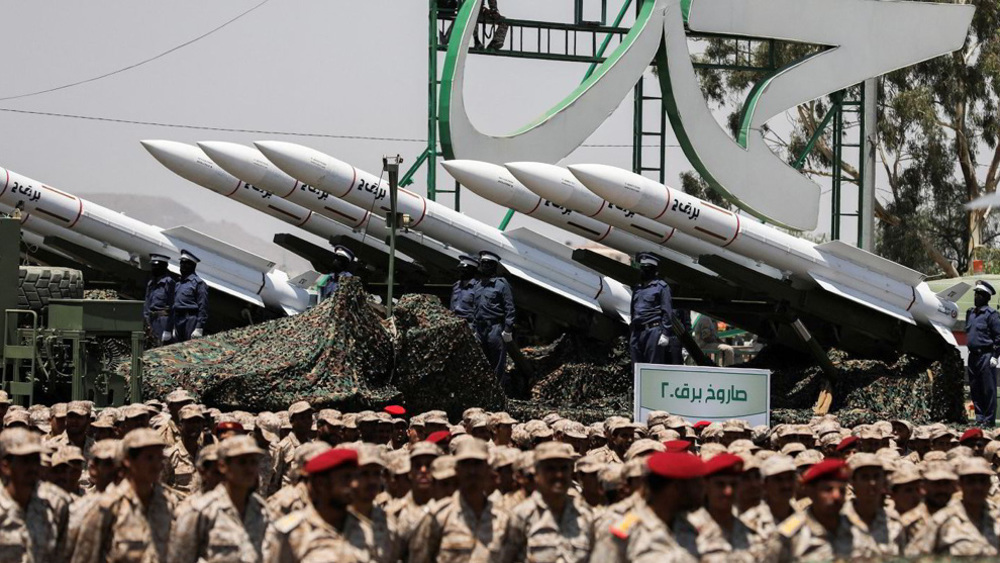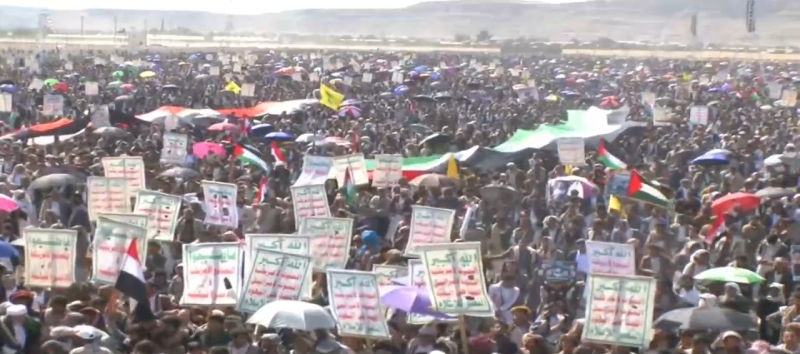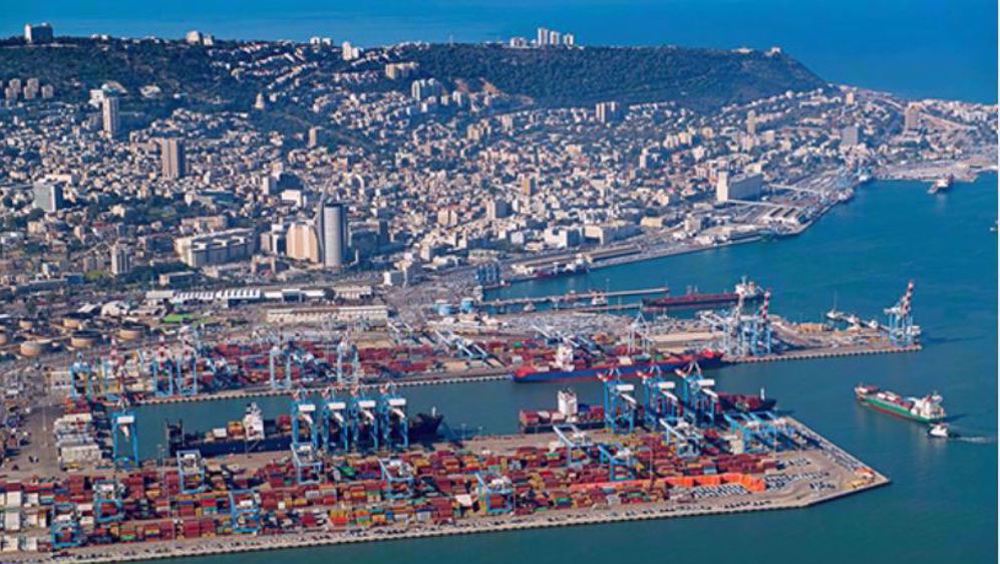UN, Red Cross urge Saudi-led coalition to reopen aid lifeline into Yemen
The United Nations and the International Committee of the Red Cross (ICRC) have urged the Saudi-led coalition against Yemen to reopen an aid lifeline to bring imported food and medicine into the impoverished Arab country.
Jens Laerke of the UN Office for the Coordination of Humanitarian Affairs (OCHA) said in the Swiss city of Geneva on Tuesday that humanitarian operations were currently "blocked" because air and sea ports in Yemen were closed.
"We call for all air and sea ports to remain open to ensure food, fuel and medicines can enter the country," Laerke said.
The official said that the Saudi-led coalition had told the UN to "inform all commercial vessels at Hudaydah and Saleef ports to leave."
According to the UN official, the price of fuel jumped 60 percent "overnight" in Yemen and the price of cooking gas doubled. "This is an access problem of colossal dimensions right now."
On Sunday, Saudi Arabia announced that it was shutting down Yemen’s air, sea, and land borders, after Yemeni fighters targeted an international airport near the Saudi capital.
Robert Mardini, the ICRC's regional director for the Near and Middle East, said in a statement that food supplies were vital for the survival of Yemeni people.
"Food, medicine and other essential supplies are critical for the survival of 27 million Yemenis already weakened by a conflict now in its third year," the statement read.
Iolanda Jaquemet, an ICRC spokeswoman, said that a ship carrying 500 metric tons of rice had to leave Hudaydah port last week without offloading because the ship's crane had broken.
The ICRC said that a shipment of chlorine tablets to prevent cholera did not get clearance at Yemen's northern border. The Red Cross also voiced concern for 50,000 vials of insulin for diabetics due to be delivered by next week, which require constant refrigeration.
The port itself lacks adequate cranes due to Saudi airstrikes.
Rupert Colville, the UN human rights spokesman, said it would study whether the blockade amounted to "collective punishment," which is banned under international law.
Saudi attacks on Yemen over the past week have killed dozens of civilians, including children, at markets and homes. These included at least nine airstrikes on the capital Sana'a since Saturday.
German Foreign Minister Sigmar Gabriel has called for increased aid to Yemen. "No one will be able to say later, particularly with respect to Yemen, that they didn’t know what was happening."
The UN Security Council is due to meet on Wednesday to discuss the humanitarian situation in Yemen.
Saudi Arabia has been pounding Yemen since March 2015 in an attempt to crush the popular Houthi Ansarullah movement and reinstate former President Abd Rabbuh Mansur Hadi, who is a staunch ally of the Riyadh regime. The kingdom has failed to achieve its objectives.
More than 12,000 people have been killed since the onset of the campaign more than two and a half years ago. Much of the country's infrastructure, including hospitals, schools and factories, has been reduced to rubble due to the war.
A cholera epidemic has caused 908,702 suspected cases and 2,194 deaths since the outbreak in April.
IRGC: 10 foreign-backed terrorists killed, arrested in Sistan and Baluchestan
Iran calls on EU to end targeting ordinary Iranians after missile transfer claims refuted
UK police detain Jewish scholar Haim Bresheeth following pro-Palestine address
VIDEO | Iraqi resistance strikes key Israeli targets in occupied territories
VIDEO | Press TV's news headlines
Iranian satellites launched into space as private sector debuts in space industry
VIDEO | Iran, Azerbaijan conduct joint maritime rescue operations
VIDEO | Yemen’s Red Sea divide: Naval forces block Israeli-linked ships in strategic ‘parting of the water’











 This makes it easy to access the Press TV website
This makes it easy to access the Press TV website